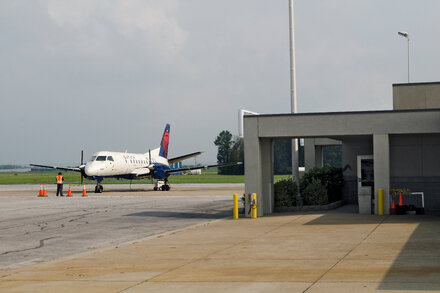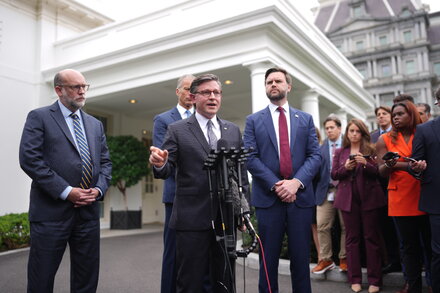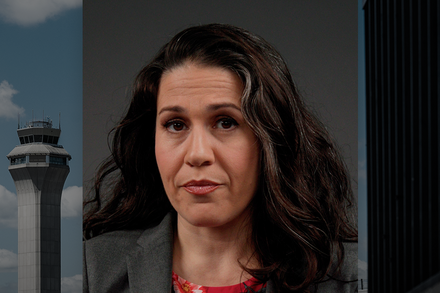Commercial aviation could soon face significant disruptions if a looming government shutdown takes effect, a senior Department of Transportation official warns, potentially impacting air traffic control, safety oversight, and vital community services.

Washington, D.C. – A senior Department of Transportation official has issued a stark warning that commercial aviation could soon face significant disruptions should a looming government shutdown take effect. The official underscored the potential for widespread impacts on air traffic control, safety oversight, and vital services for smaller communities.
The Federal Aviation Administration (FAA), which manages the nation’s airspace and ensures aviation safety, would see a substantial portion of its workforce furloughed in the event of a shutdown. While essential personnel, including most air traffic controllers, would be required to work without pay, concerns are mounting over morale, potential staffing shortages, and the long-term implications for maintenance and modernization efforts.
The official, who spoke on condition of anonymity to discuss internal projections, highlighted that while flights would continue, the agency’s ability to perform critical non-essential functions would be severely hampered.
“A government shutdown isn’t just about closing doors; it’s about crippling the mechanisms that keep our skies safe and efficient,” the official stated. “While air traffic controllers are deemed essential, the inspectors, engineers, and administrative staff who support them, process certifications, and maintain our systems are not. The cumulative effect will inevitably trickle down to passengers and carriers.”
A particular area of concern is the Essential Air Service (EAS) program, which provides subsidies to airlines to serve smaller, often rural, communities that would otherwise lack commercial air service. Funding for EAS would likely cease during a shutdown, potentially forcing airlines to suspend or reduce these routes, isolating communities and impacting regional economies.
Impacts Beyond Air Traffic Control
Beyond the immediate staffing of air traffic control towers, a shutdown could halt a range of critical FAA activities. These include:
- Processing of new pilot certifications and medical examinations.
- Safety inspections for aircraft and maintenance facilities.
- Development and implementation of new air traffic management technologies.
- Work on long-term infrastructure projects at airports.
- Regulatory approvals for new aircraft types or modifications.
Airline industry groups have voiced their apprehension. “The aviation sector operates on tight margins and relies heavily on a fully functional FAA,” said a spokesperson for Airlines for America, a trade association. “Any disruption to certifications, inspections, or even the morale of air traffic controllers poses a direct threat to operational efficiency and, ultimately, to the traveling public.”
The official reiterated that while contingency plans are in place to prioritize essential safety functions, the nation’s complex aviation system is not designed to operate indefinitely with reduced capacity. The warning comes as lawmakers in Congress continue to grapple with budget negotiations, with a potential shutdown deadline rapidly approaching.
Source: Read the original article here.





